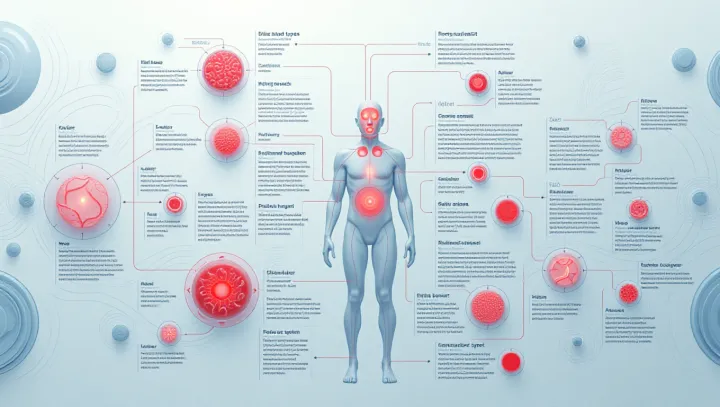The Blood Type Enigma: Diversity Explored
In the bustling city of Tokyo, researchers at Tokyo University are delving into the enigma of blood type diversity in humans. Blood types have intrigued scientists since their discovery, prompting questions regarding their purpose and variations. The classification of blood into types such as A, B, AB, and O is not arbitrary; it is deeply rooted in our genetics. Human blood types are inherited traits dictated by alleles passed down from our ancestors. These types are crucial for transfusions and provide intriguing insights into human evolution. Renowned geneticist Dr. Hiroshi Yamada suggests that the diversity in blood types could have evolved as a defense mechanism against infectious diseases. Certain blood types show resistance to specific pathogens, offering a survival advantage over others. This evolutionary perspective sheds light on how our ancestors might have navigated past pandemics. Present-day researchers are leveraging cutting-edge genomics to further understand the implications of different blood types. With increasing attention to personalized medicine, the role of blood types in disease susceptibility and treatment response becomes ever more critical. While much remains to be uncovered, the study of blood types continues to be a vital field in understanding human biology and health interrelations. The ongoing research in Tokyo and globally underscores the importance of this distinctive and foundational attribute of human life.

In the bustling city of Tokyo, researchers at Tokyo University are delving into the enigma of blood type diversity in humans. Blood types have intrigued scientists since their discovery, prompting questions regarding their purpose and variations. The classification of blood into types such as A, B, AB, and O is not arbitrary; it is deeply rooted in our genetics.
Human blood types are inherited traits dictated by alleles passed down from our ancestors. These types are crucial for transfusions and provide intriguing insights into human evolution. Renowned geneticist Dr.
Hiroshi Yamada suggests that the diversity in blood types could have evolved as a defense mechanism against infectious diseases. Certain blood types show resistance to specific pathogens, offering a survival advantage over others. This evolutionary perspective sheds light on how our ancestors might have navigated past pandemics.
Present-day researchers are leveraging cutting-edge genomics to further understand the implications of different blood types. With increasing attention to personalized medicine, the role of blood types in disease susceptibility and treatment response becomes ever more critical. While much remains to be uncovered, the study of blood types continues to be a vital field in understanding human biology and health interrelations.
The ongoing research in Tokyo and globally underscores the importance of this distinctive and foundational attribute of human life.







